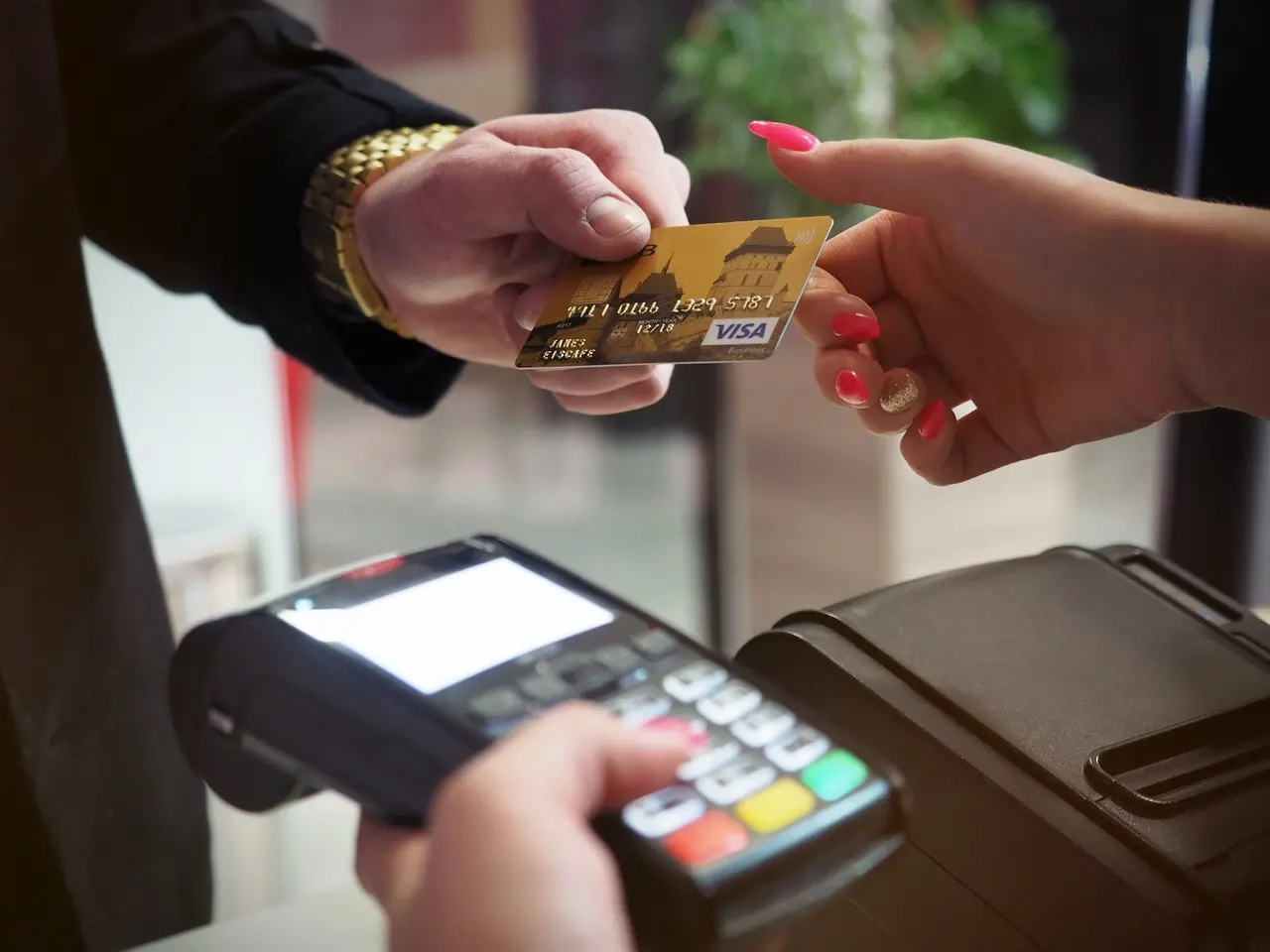Going over your credit limit means you have surpassed the amount of money a credit card company allows you to charge on a particular card.
That limit will include purchases and also fees and interest you’ve accrued.
Maxing out your credit card can ding your credit score and cause your card to be declined when you go to make a purchase.
We’ll talk about some strategies you can employ to avoid going over your credit limit here.
Check Your Balances
Checking the balance on each one of your credit cards regularly is the best way to make sure you’re not getting close to hitting or exceeding your credit limit.
You can do this on your credit card company’s website or app.
If you know you can’t spend any more on a particular card until you pay off some of what you owe, you should consider that card off-limits for now. You might want to leave it at home so you won’t be tempted to use it.
If you have multiple credit cards where you’re close to your limit, you might use a tool like a loan consolidation calculator to see if debt consolidation makes sense for you.
Debt consolidation is when you borrow money from a single lending entity to pay off several existing debts.
It can often simplify the repayment process, and it could be worth it if the lending entity gives you a better interest rate than your current creditors do.
However, if you do this, it’s essential to stop spending money on your credit cards to avoid going further into debt.
Ask for a Credit Limit Increase
If you’ve had an active account with a credit card company for a while and you’ve been consistent about paying off the debt on that card, you can request a credit limit increase.
Doing so makes it less likely you’ll run up against your credit limit or exceed it.
However, if you go this route, make sure you don’t see that larger credit limit as an opportunity to overspend.
Getting reckless with your spending can put you in a hole from which it’s hard to escape.
Pay Off Your Balances
Paying off your balances regularly is another action you can take to prevent yourself from getting anywhere close to your credit limit.
Ideally, you want to pay off the whole balance on your card at the end of every billing cycle.
That way, you’ll never have to pay any interest to the card company, and you can generate rewards as well.
If you’re carrying a balance from one billing cycle to another that you can’t pay, that’s usually a warning sign you should curb your spending.
If you slow down your spending because you’re carrying a balance and paying interest on it, that should prevent you from nearing or exceeding your credit limit.
You Can Avoid Going Over Your Credit Limit
It’s possible to avoid nearing or going over your credit limit if you monitor what’s happening with your account carefully.
Start by checking your balance regularly.
You can also get in the habit of paying off the full balance at the end of every billing cycle.
Doing so means you won’t have to pay any interest on your debt, and you probably won’t come close to exceeding your credit limit.
You can always request a credit increase as well if you find you keep getting close to your limit. Increasing your credit limit isn’t a bad idea if you’re a responsible spender.
However, you should not see a larger credit line as the reason for an out-of-control spending spree.
Make sure to keep spending within your means.
Taking these actions should prevent you from getting close to your credit limit or exceeding it.

